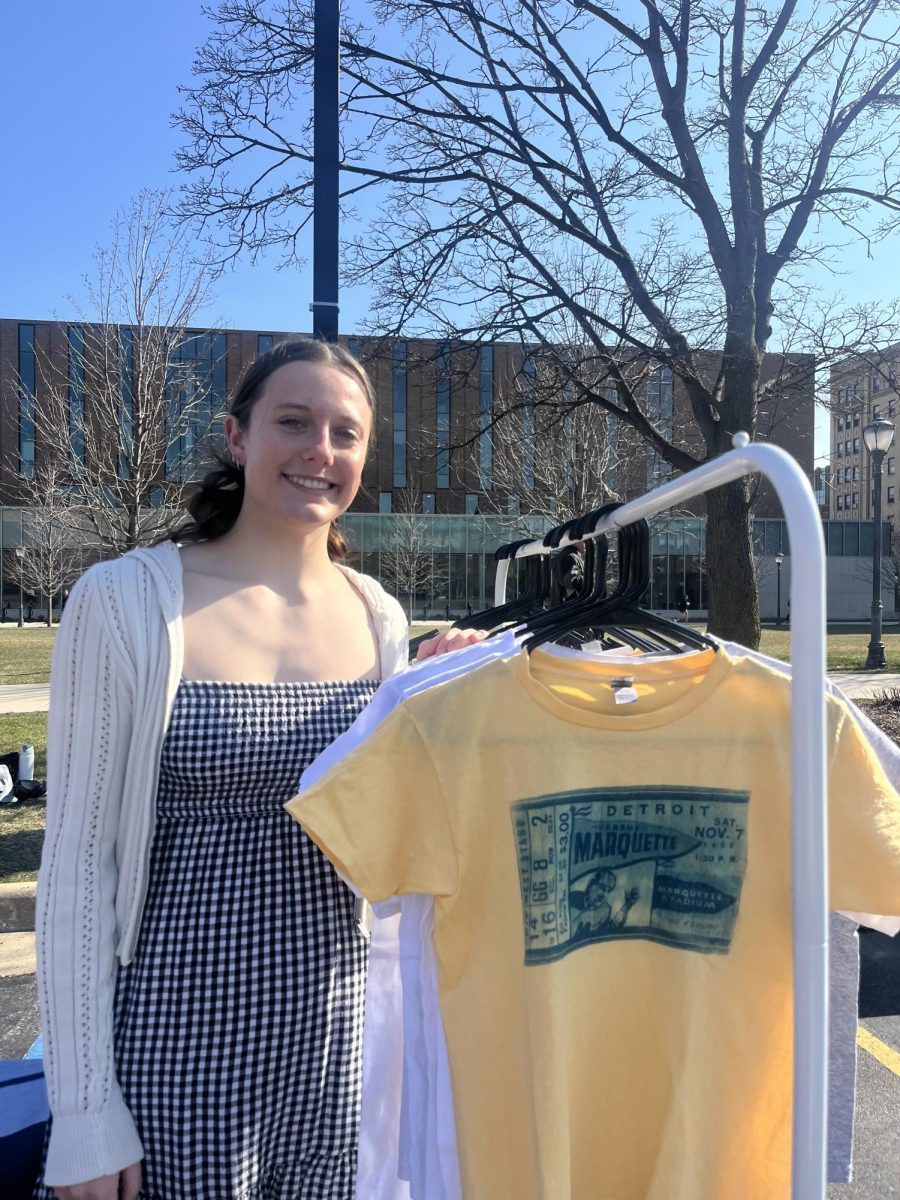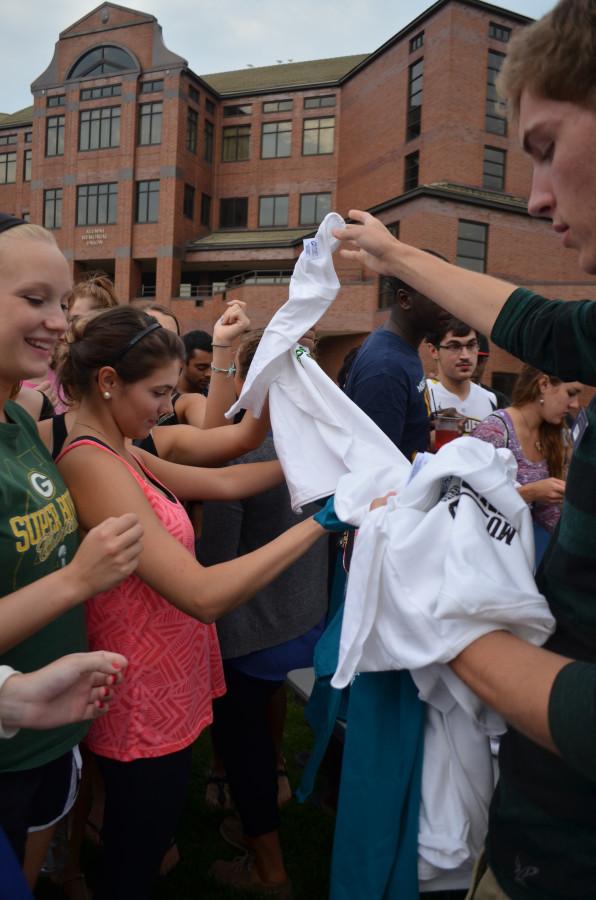Marquette Student Government plans to reduce its Prior Year Reserve Fund following a year where the account reached about $250,000, five times the required minimum amount.
According to the MUSG Governing Documents, the reserve fund is defined as “a fund created by MUSG and the University to maintain excess funds remaining from the annual operating budget and any funds set aside from the annual operating budget.”
Nick Ciccone, MUSG’s Financial Vice President, said one of the main goals of the reserve fund should be used to benefit students.
“It’s never our intention (to have a large reserve fund),” Ciccone said. “Because this is students’ money and we don’t want to see students’ money being wasted, laying around in account. We’re doing everything in our power to lower (the reserve fund) and I think last year was a testament to that.”
The money for the reserve fund comes from unused funds from the MUSG-controlled Student Organization Funding as well as unspent budgeted program dollars.
Ciccone said sometimes programs fall through that might prevent budgeted money from being spent throughout the year.
“We had a huge program board event to bring a big band here,” Ciccone said. “But at the last minute that all fell apart and the band didn’t come, and we had a lot of money that had nowhere else to go but the reserve fund.”
MUSG’s financial policies state that the reserve fund must be at minimum 10 percent of the annual operating budget, and at maximum 50 percent of the annual operating budget. According to the Governing Documents, if the reserve fund reaches the 50 percent mark, a cap on the reserve is instituted, as was the case last year.
In March, then-president Sam Schultz vetoed a cap on the reserve fund, citing the fact that the 50 percent budget number mandated in the governing documents was arbitrary. Despite Schultz’s objections, his veto was overturned by the Senate by a vote of 28-to-2.
At the time, Nathan Craft, MUSG Off-Campus Senator and author of the cap bill, said he was pleased with the outcome of the vote.
“I’m just really happy that the senate came through in listening to the student body and supporting a protective measure to ensure that our finances are responsible,” Craft said after the vote in March.
Whelton said despite a willingness to reduce the reserve fund, other factors are at play that make it difficult to spend the money.
“The reserve fund is not an easy access,” Whelton said. “We’ve spent numerous hours in Senate debating over purchases, we have been taxing students (through student activity fees) and a lot of it goes into the reserve fund.”
Whelton added that he wants to ensure the money in the reserve fund is spent in a financially responsible way.
“The other area that presents a challenge is what’s a worthy investment of the reserve fund?” Whelton said.
MUSG has already made strides in lowering the surplus by implementing environmentally friendly programs around campus.
This year, MUSG implemented a reusable to-go box system as well as a water bottle refilling station, which took about $55,000 from the reserve fund.
The majority of the money was used on the to-go box system, called Ozzi machines, as about $45,000 was used to purchase two machines to supplement the single machine already purchased by the university. Sodexo, Marquette’s food service provider, funded the containers and approached Whelton and MUSG about purchasing more machines.
The water bottle refilling stations took about $11,000 from the reserve fund.
Whelton and Ciccone estimate there is about $163,000 left in the fund.
Whelton said despite some progress being made, plans are still in the works to get the reserve fund closer to the MUSG constitutionally mandated minimum of $50,000, specifically plans to help a logjam with club sports.
“Right now, the demand for club sports rental vans is high enough that it could merit 15 vans. We can’t sustain that as a university, but we could sustain a fleet of six,” Whelton said.
Whelton estimated a new club sports van would cost about $30,000, bringing the total number of vans for club sports teams to six. Whelton added that when club sports teams don’t have access to vans provided to them by the university, they often ask MUSG for SOF funds to rent their own means of transportation.
Besides purchasing a new van, Whelton added he would like to see MUSG using reserve money on activities such as school-wide concerts with better name recognition, as well as organizing TED independent events at Marquette. Having events like these on a consistent basis, however, would require an increase in the student activity fee, a resolution Whelton said he would not bring to the Senate until the reserve fund reached minimum levels.
Ciccone said it will be difficult to predict where the rest of the money for the reserve fund will go until the MUSG Senate reconvenes for the academic year on Sept. 8.






